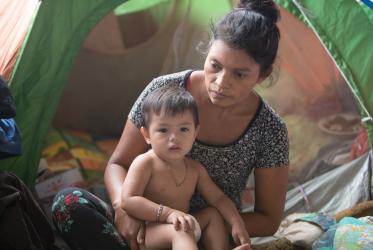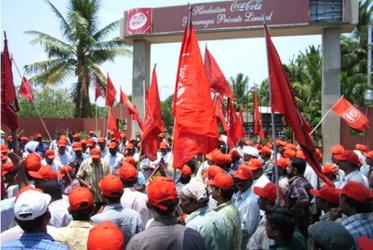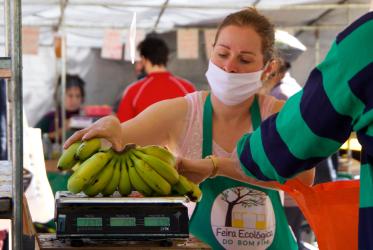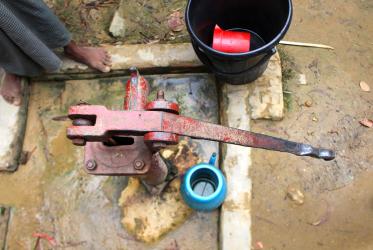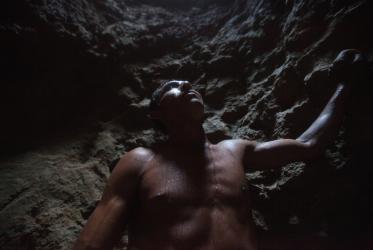Displaying 141 - 160 of 331
Groundwater is “a political question”
27 April 2022
Specialized Ministries Pre-Assembly
09 - 10 March 2022
Groundwater: a hidden treasure we need to protect, say EWN members
28 February 2022
Unity is key when health crisis poses new challenges in Asia
28 February 2022
